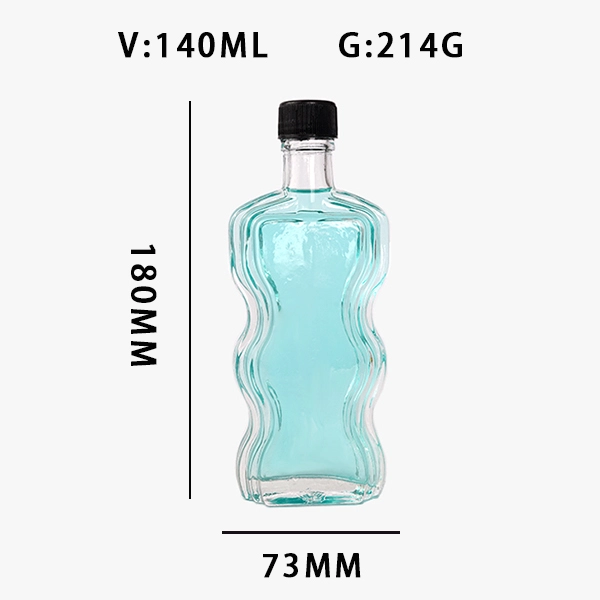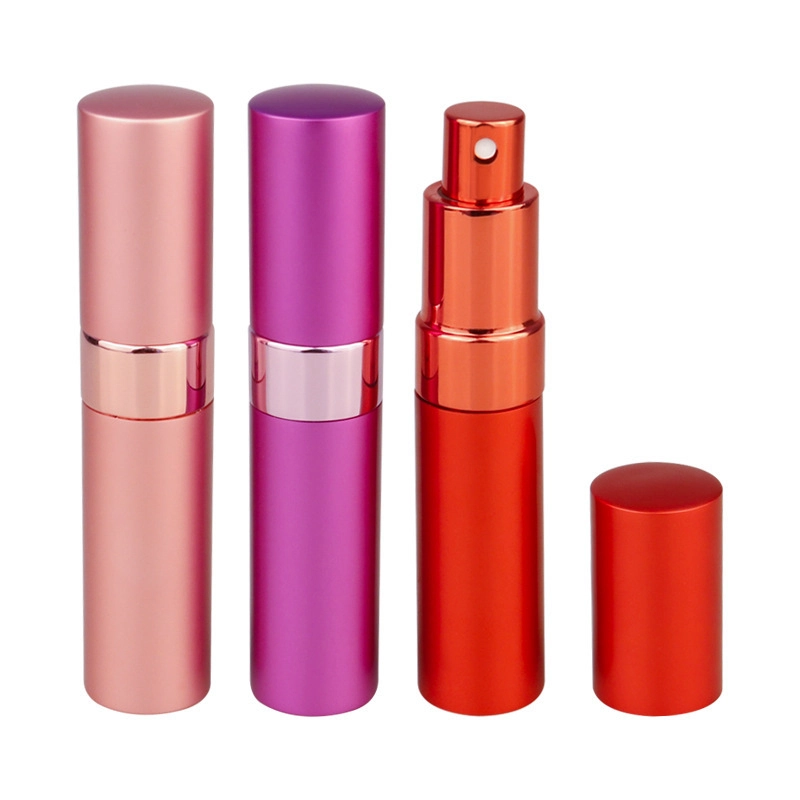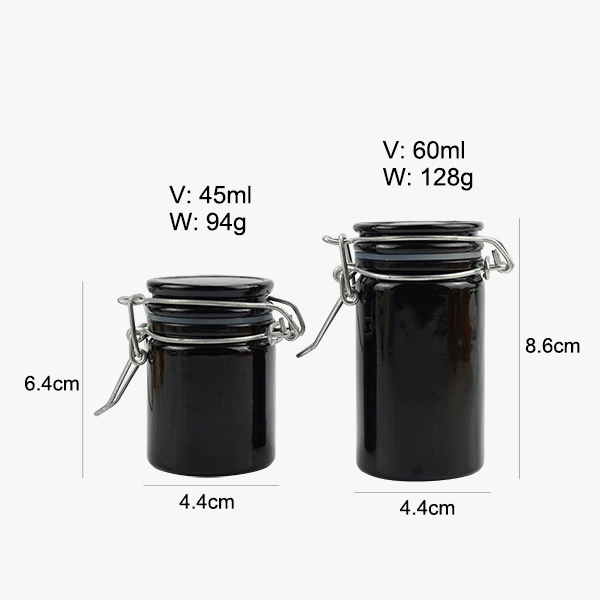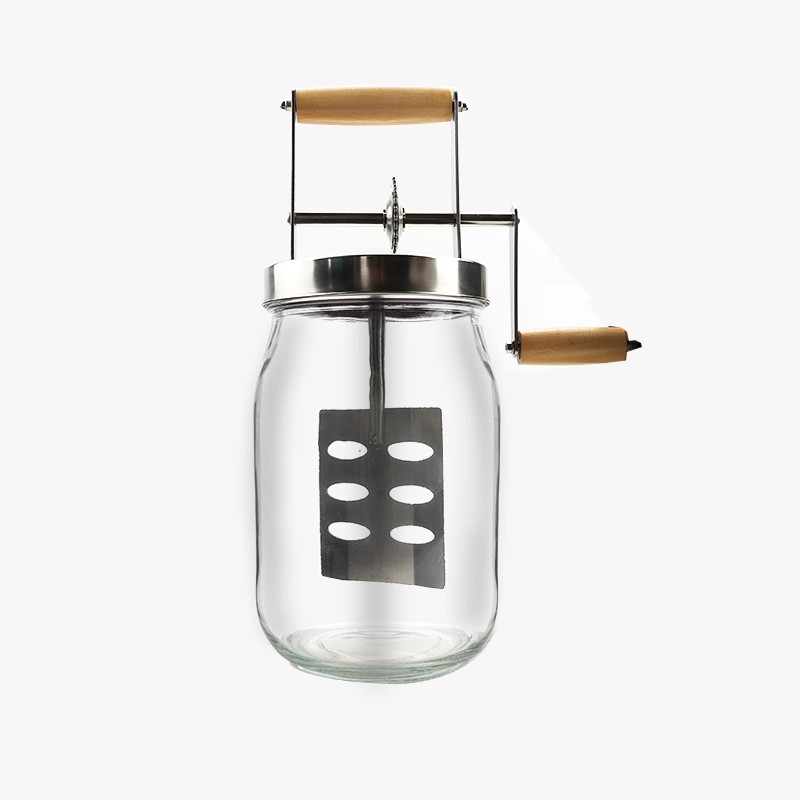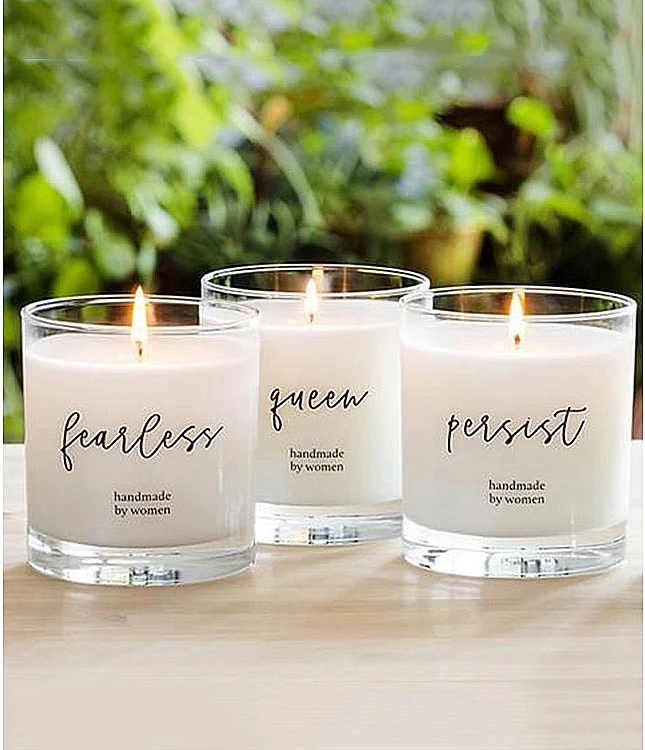
Part 1: Market Size and Growth
Liechtenstein’s glass bottle industry is modest due to its small size and population, but it plays a role in supporting the beverage and pharmaceutical sectors. The demand is driven by beer, wine, spirits, and specialty food packaging. Pharmaceutical glass containers are also important, given the country’s strong healthcare sector.
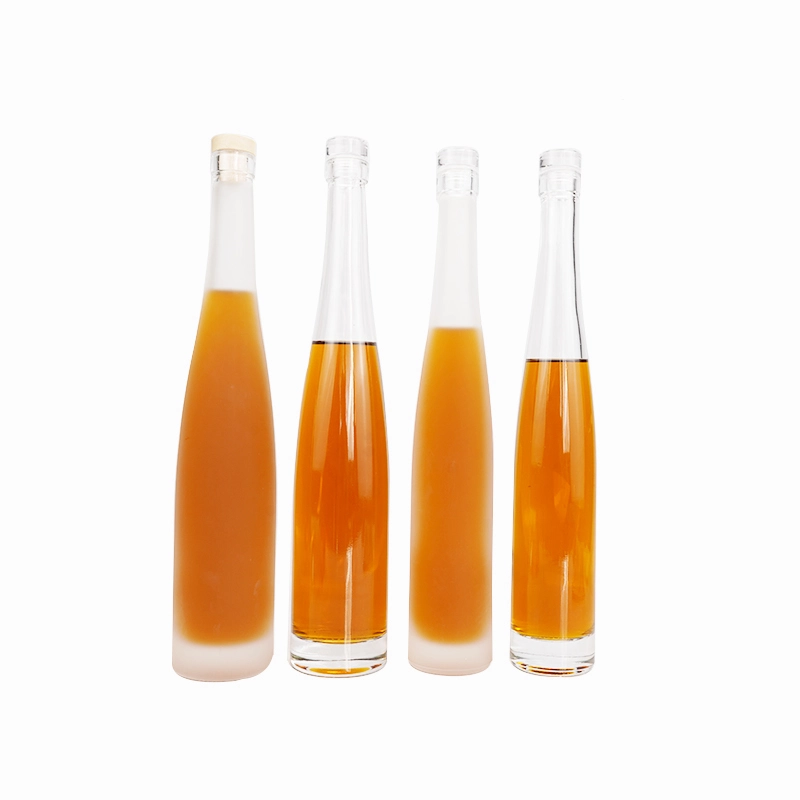
Most glass bottles are imported from neighboring Switzerland, Austria, and Germany. Local businesses focus on bottling, branding, and high-value niche production. This dependence on imports makes logistics and regional trade policies vital.
As a member of the European Economic Area (EEA), Liechtenstein aligns with EU sustainability regulations. This pushes companies to prefer glass packaging as an eco-friendly and recyclable solution.
Part 2: Leading Companies
Brauhaus Nendeln
Brauhaus Nendeln is one of Liechtenstein’s notable breweries, producing craft beer that is bottled in glass containers. It is known for premium branding and small-batch production.
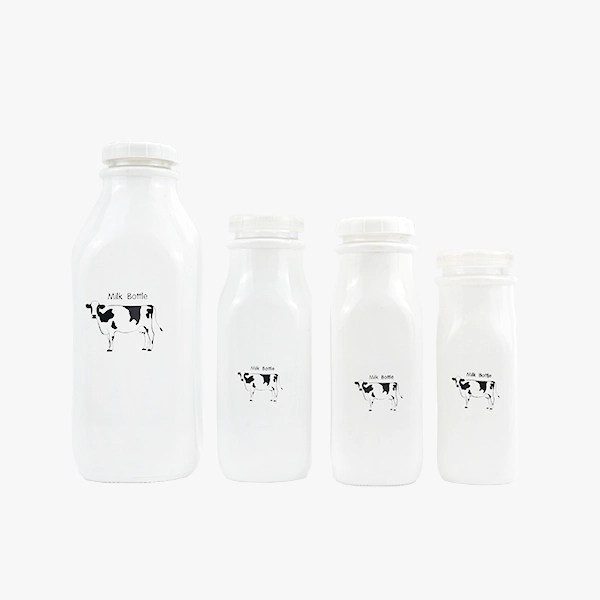
Products include beer bottles in various sizes and specialty limited-edition bottles. Glass ensures freshness, durability, and a premium image.
The brewery emphasizes local craftsmanship and follows EU food safety standards.
Hofkellerei des Fürsten von Liechtenstein (The Prince of Liechtenstein Winery)
The Hofkellerei, owned by the Princely Family, produces high-quality wines using vineyards in Liechtenstein and Austria. Its wines are exclusively packaged in glass bottles for export and tourism markets.
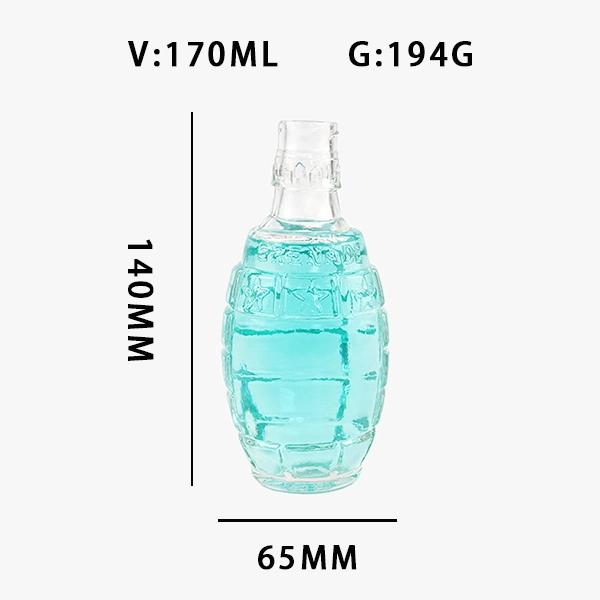
Products include white wine, red wine, and sparkling wine bottles. Glass packaging highlights tradition, luxury, and export competitiveness.
The winery has received international awards for quality and sustainability initiatives.
Local Spirits and Specialty Producers
Small distilleries and specialty food producers in Liechtenstein use glass bottles for schnapps, honey, syrups, and condiments. These products are sold domestically and to niche export markets.
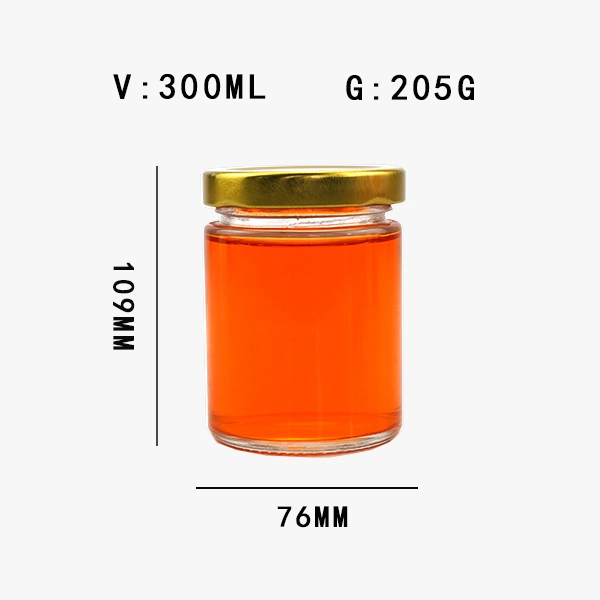
Products include schnapps bottles, liqueur bottles, and honey jars. Glass supports authenticity and premium branding.
These producers rely on imports for glass supply and comply with strict EU food safety standards.
| Company | Founded | Core Products | Industries | Certifications |
|---|---|---|---|---|
| Brauhaus Nendeln | 21st century | Craft beer bottles | Breweries, beverages | EU Food Safety Standards |
| Hofkellerei des Fürsten von Liechtenstein | Historic | Wine bottles | Wineries, exports | International Wine Awards |
| Local Spirits & Food Producers | Various | Schnapps, honey jars, syrups | Spirits, agro-food | EU Export Standards |
Part 3: Trade Shows and Industry Events
LIHGA (Liechtenstein Industry, Trade, and Craft Fair)
LIHGA is Liechtenstein’s largest trade fair, covering multiple industries, including beverages and packaging. Local breweries, wineries, and specialty producers showcase glass-bottled products. It is a central platform for visibility and partnerships.
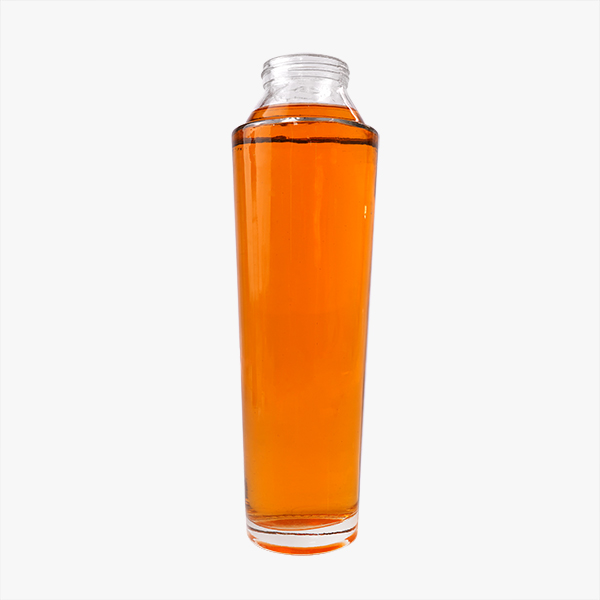
Held biennially in Schaan, LIHGA highlights innovation, sustainability, and premium food and beverage packaging.
ProWein (Regional Participation)
Liechtenstein’s wineries and spirits producers also participate in ProWein, one of Europe’s largest wine and spirits exhibitions held in Düsseldorf, Germany. Glass packaging plays a key role in showcasing premium exports.
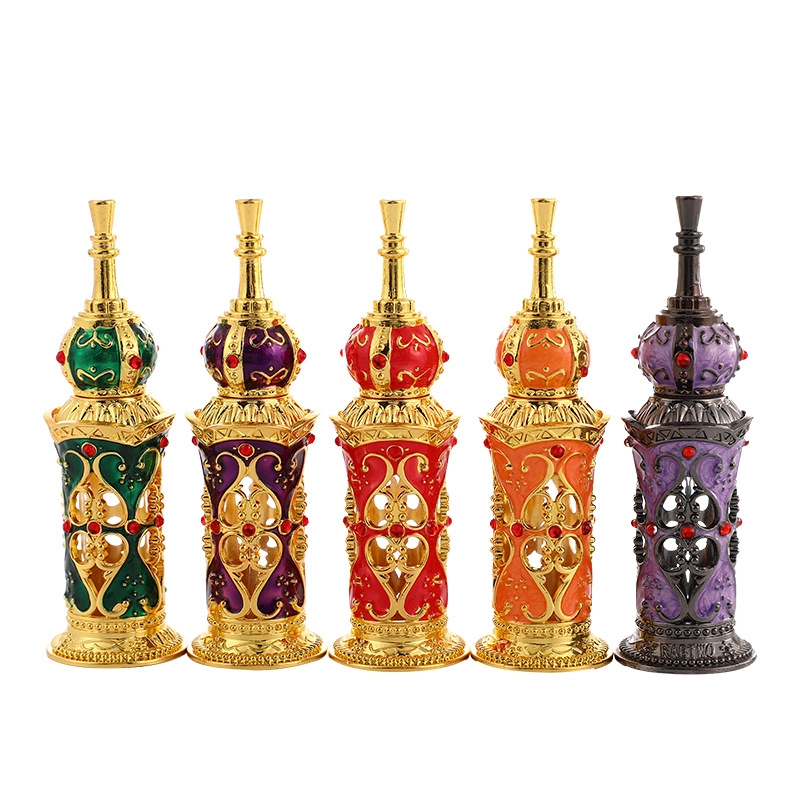
Highlights include wine packaging design, branding strategies, and sustainability workshops.
| Event | Date | Location | Highlights |
|---|---|---|---|
| LIHGA | Biennial | Schaan, Liechtenstein | Beverage packaging, sustainability |
| ProWein | Annual | Düsseldorf, Germany | Wine packaging, export networking |
Part 4: Impact of Global Trade Policies
Liechtenstein imports most of its glass bottles, making EU trade policies and EEA membership highly important. Free trade with Switzerland, Austria, and Germany ensures steady supply. This integration lowers costs and improves logistics.
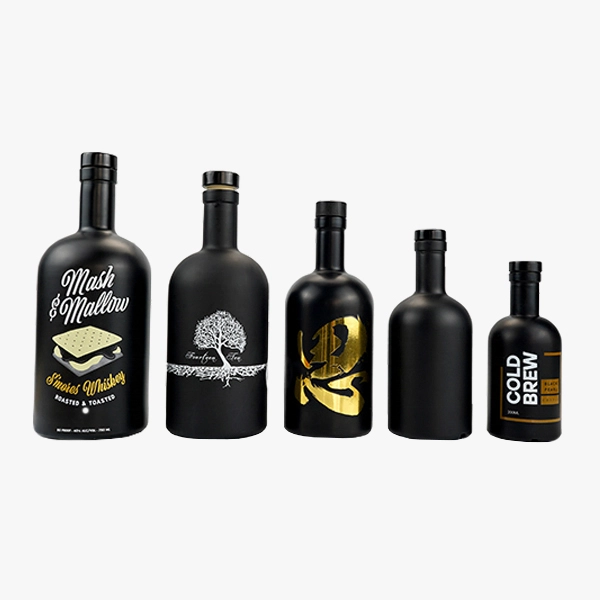
EU sustainability policies push for recycling and reduced plastic usage. These policies encourage Liechtenstein’s producers to emphasize glass bottles for both domestic and export markets.
Global premium trends in wine and spirits also support the use of high-quality glass bottles. This enhances Liechtenstein’s competitiveness in luxury export markets.
Part 5: Conclusion
Liechtenstein’s glass bottle industry is defined by breweries, wineries, and small-scale specialty producers. Tourism, exports, and eco-friendly policies keep demand stable.
Challenges include reliance on imports, high packaging costs, and limited local production. The future will depend on regional trade, premium branding, and sustainable packaging practices.
Recommended Reading:
- Glass Bottle Manufacturers in Vietnam
- Glass Bottle Manufacturers in Liberia
- Glass Bottle Manufacturers in Laos
- Glass Bottle Manufacturers in Kyrgyzstan
- Glass Bottle Manufacturers in Kazakhstan
- Glass Bottle Manufacturers in Iceland
- Glass Bottle Manufacturers in Haiti
- Glass Bottle Manufacturers in Guyana
Glass Pitcher with Plastic Handle and Lid
Luxury Round Glass Perfume Bottle 30ml 50ml 100ml
Colored Glass Water Cup – Juice Milk Glass For Home & Restaurant Use
5oz 9oz Crystal Whiskey Glass Cups

